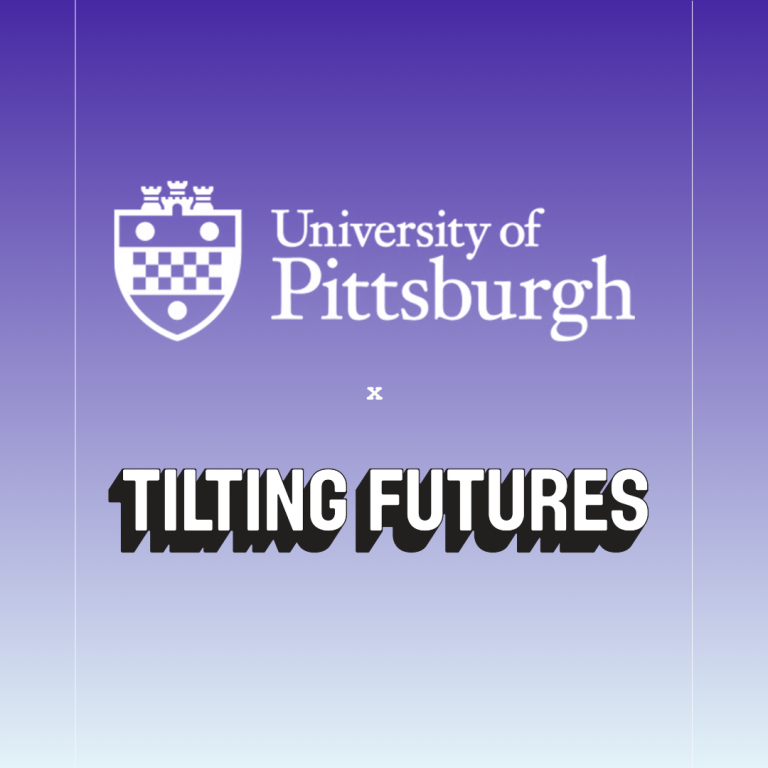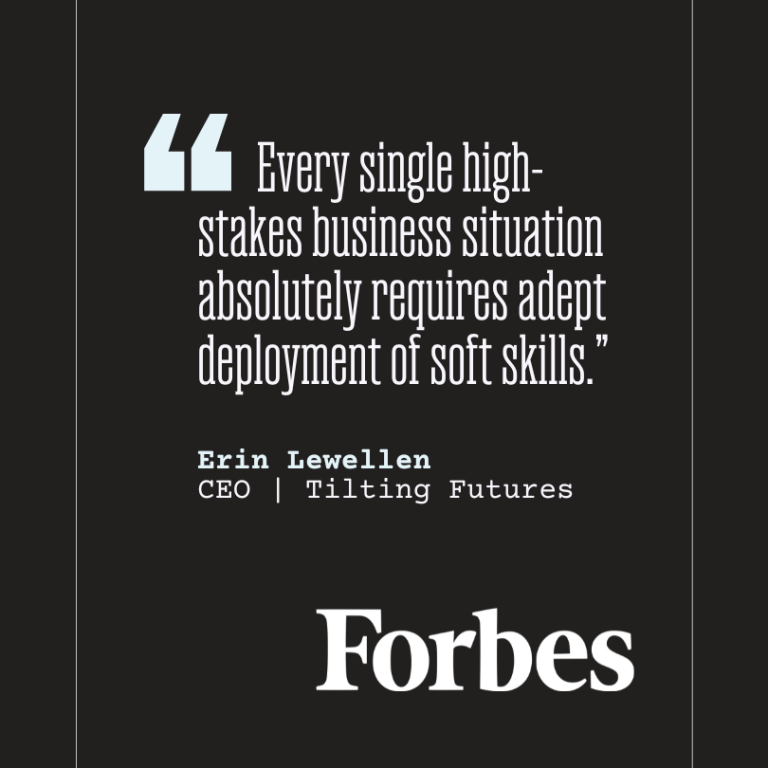Entrepreneur and educator Abby Falik is on a crusade to make a global bridge year post-high school the norm.
Story by Amalia McGibbon
What is the point of college? It’s a genuine question. With a third of American freshman dropping out before their second year, student debt on the rise, and employers complaining about the job-readiness of recent grads, this much is clear: whatever role we believe college should be playing in our society, it’s not. The universities aren’t solely to blame: higher education is a gift. We don’t fault the Barbie when a toddler snaps her head off. Nor can you pin it all on the students who, after four years of GPAs and APs and SATs, feel as if they’ve crossed a finish line only to be told to run another race. Rather, much of the problem seems to lie with a cultural norm, a societal momentum that moves young people along from high school to college as if on a treadmill, with no pause to refuel or recalibrate. So what if we reinvented the transition between high school and college? What would our country and this world look like if students weren’t burned out, but burning with purpose? Bay Area social entrepreneur Abby Falik has built an international nonprofit called Global Citizen Year in hopes of answering that question.
Global Citizen Year aims to make a “bridge year” before college a new rite of passage in America. It would offer a complete immersion experience, with students matched one-on-one with host families in Africa, Asia, and Latin America, and enrolled in local apprenticeships in sectors like education, environmental conservation, agriculture, social enterprise, and public health. “The goal is to prepare young people for greater success in their careers, and in the global economy,” says Falik. And importantly, the program isn’t anti-college; it’s make-college-count. “We simply want students to learn deliberately,” says Falik, “rather than because someone else told them to.” Former Stanford freshman dean and author of How to Raise an Adult Julie Lythcott-Haims calls Global Citizen Year a “necessary bridge.” The tradition of a year off, long popular in Europe, “allows students to develop not only cultural capital and a global mindset, but the emotional resilience and self reliance that will prepare them for life’s inevitable challenges.”
Long before Global Citizen Year was a business, it was a belief. Falik can still recall the exact moment when, as a 13 year old visiting Indonesia with her family, she looked around at a poor village and realized “the world was wildly unfair and totally random.” As an 18 year old she tried to enroll in the Peace Corps, but was told to come back after she’d attended college. So off Falik went to Stanford (not a terrible Plan B, it’s true) where she idled about until her junior year, at which point, still hungering for some real-life experience, she took matters into her own hands and set off for a year in Brazil and Nicaragua. It was a global citizen year of her own making. Falik worked in the fields, in schools, in homes, and when she returned to Stanford for her senior year, it was with a new confidence and sense of direction. “I knew why I was in school, who I wanted to learn from, and how the classes were feeding into the questions I was asking myself about the world,” says Falik.
Falik felt that the world needed more conscientious leaders than were being produced. She expressed as much in her Masters in Education thesis at Stanford, and began to sketch out an enterprise blueprint for a Harvard Business School ‘Pitch for Change’ competition. She won the competition, and a nonprofit (or “for-purpose” as Falik prefers to call it) was born. Today, Global Citizen Year Fellows is six years old, and has sent more than 350 Global Citizen fellows to live and work in communities across Brazil, Ecuador, India, and Senegal.
Alums wax poetic about their time abroad with the organization. “I cannot imagine what my life would have been like had I gone straight to college,” says Gus R., a Harvard University graduate. “During my Global Citizen Year I became an integrated member of a community an ocean away from my physical and psychological home.” UNC graduate Amanda Day says that she came away from Senegal with sticky questions that gave her purpose. “What is policy? Who and what matters when you speak about development? How are organizations and individuals effective?” One-third of Global Citizen Year’s alums, now scattered across 100 colleges, are designing their own majors. “It’s because we know precisely why we’re here,” Amanda says.
But for all that Falik has accomplished, she feels she still has a long way to go. She quotes her mentor and Teach For America founder Wendy Kopp as saying, “If you don’t have a product-market fit, you can either change the product or change the market.” Falik is angling for the latter, but she’s up against a sig- nificant amount of cultural inertia. Her challenge is two-fold: 1) create an alternate educational pathway, and 2) convince young people to take it. Kids have a fear of missing out (“F.O.M.O.” anyone?) and parents have a fear of them falling behind. This is one reason Falik rejects the term “gap year”: “We’re never going to enact a cultural shift if we encourage parents to send their kids into a proverbial hole,” she says. “Let’s frame it accurately. It’s not about getting off track, it’s about getting on track.” The other big differentiator between Global Citizen Year and the traditional gap year is accessibility: gap years are the purview of those with financial wiggle room, and Falik is committed to making her program accessible to students of all socio-economic backgrounds.
In fact, it is one of the qualities that sets Global Citizen Year apart from its peers: elsewhere in the field such opportunities are separated into camps. There are travel abroad experiences for those who can pay, and travel abroad experiences for those who can’t, but never the twain shall meet. Global Citizen Year’s admissions process is need-blind though—this is about your potential as a leader, not your income as a family. Take Jake from Palo Alto, and Lindsay from East Palo Alto, who grew up just a few miles apart, but only crossed paths during a year together in Ecuador. There they learned about the local way of life, but also about each other’s childhoods, families, and contexts. “The result is not just an expanded world view,” says Falik, “but a shift in how young people understand American society, with its divides and its differences.”
Falik is a frequent speaker on social innovation and global education, and has been recognized as an Ashoka Fellow, a Draper Richards Kaplan Entrepreneur, a Mind Trust Fellow, and a Harvard Social Enterprise Fellow. For all her bravado on stage though, she’s intensely humble in person. She resists the mythologizing of entrepreneurs, and says that the truth of the matter is that it can be a slog. But she’s glad for the time it’s taken, and the ways in which she and her organization have matured together. Falik no longer views fund-raising as a necessary evil but instead as a wonderful opportunity to find allies. Her perception of the power dynamic has changed as well: “I used to sit with a donor and feel like I was begging for support, because I needed something they had, until I realized that I have something very scarce too—a chance to do something purposeful and profound.” Falik decided that she was a means to the investors’ end, as much as they were a means to hers.
She loves the adage that says “entrepreneurship is jumping off a cliff knowing that you’ll assemble the plane before you land.” Luckily, she’s not the only one in need of a rescue. Than Healy, Head of Menlo School, is on a mission to have a significant percentage of his graduates choose Global Citizen Year after graduation. “As an educator and parent in this area of the world, a week doesn’t go by when we don’t hear about students breaking down due to the stress and pressure they are feeling from education,” he says. “Global Citizen Year sends students out into the world to form relationships with others and to develop the humility, compassion, empathy and perspective that are critical to living a productive and successful life in the modern world.” Parents are increasingly on board too, thanks in part to the miracles of tech and the knowledge that even Senegal now has Skype. Even colleges are coming around, increasingly open to the idea that the best way to change their outcomes is to change their inputs.
Students enrolled in the New School can now spend their freshman year participating in Global Citizen Year, augmenting their in-country experience with supplemental academic coursework and gaining a full year’s worth of college credit in the process. Tufts recently launched the “1+4 program,” in which the college offers to help foot the bill for Global Citizen Year fellows who qualify. Of course, many universities offer study abroad programs, but they’re usually in Western Europe (stunning but not perspective-changing), only 3 months long, and during Junior year, at which point half of your college career is already behind you. Falik’s team is in talks with a host of leading universities, and hopes for a future where, much like in business school and law school, “students don’t get into college until they’ve taken a year to do something real,” says Falik.
Falik is in it for the long haul: “Imagine a critical mass of emerging leaders, thought shapers, policy makers, entrepreneurs across all sectors approaching their work with a global sense of interconnectedness.” She talks about students graduating from college, able to communicate across countries, languages, cultures, and what it would mean for the world’s greatest problems to have a workforce oriented towards thinking about global poverty and development in whatever field they pursue. Falik is a reminder that you don’t need an iOS app to be disruptive. She represents all that is best about the Bay Area, a little corner of the world forever focused on bridging the divide between “how things are” and “how they could be.”




